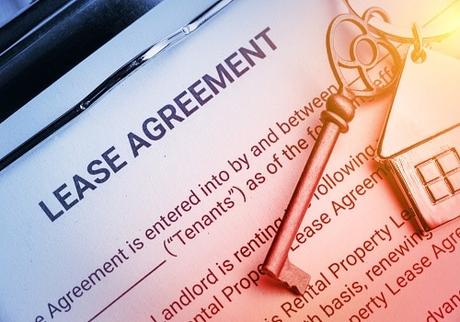Renting out your first property is indeed an overwhelming task. Generally, people rent out their homes and apartments to make some extra money. But it is not that easy. So, if you are a newbie or renting out your first property, this article is just the right thing you need.

First of all, you need to know that it is okay to face confusion and have questions before you set out your first rental property. Don't worry; we are here with some basics and essentials that you must cover at every cost. Trust me! It will definitely benefit you in the long run.
Let's get started!
Background verification of the renter
Please don't select the first tenant that shows up on your doorstep looking for a place to live. Little do you know, he/she could be a criminal or someone with a poor credit score. You have to know something about the people who are going to live on your property for a considerate amount of time.
For this, you can either talk to their former landlord and ask for the official document that depicts their ability to pay the rent. Also, it would help if you ask basic questions from your potential renter. For starters, you can ask questions like, " why are you moving?", " What is your source of income? " Can you get a letter of recommendation from your previous landlord?"
Taking a background check of your potential tenant can save you from a lot of trouble afterward. Plus, the more questions you have, the more you can know about your potential renter. Repeat after me "A bad tenant is much worse than no tenant. "
But there's a solution to it!You can always contact third party professionals to say goodbye to the stress of choosing the right tenant for your property. According to the rental experts at https://genuinemanaged.com/, a property management company can help you save a lot of money, stress, and time by introducing you to quality renters. That's really great; you don't have to worry about your renters because it will all be done by the professionals themselves.
- Concrete and transparent contract
Let's get one thing clear first, your contract with your tenant determines your terms and conditions. It is advisable to document everything on paper to keep it as legal proof whenever you need it.
Not only this, but you can also add some other terms and conditions for your tenant to sign their lease. For example, you can add a clause like " Renter will have to bear all the damages that occur during its stay" or "The tenant will have to give a notice of about one month before vacating the home or apartment." After the landlord and renter sign the agreement, it can be used as a legal document in the lawsuits.
Also, you should be transparent in your contract, and everything should be clearly mentioned and explained to avoid any misunderstandings.
To sum it all up!
No matter how much you try, there will be certain loopholes left from your side that the renter can use against you. So, it is better to take professional help so that they can guide you through the entire process. Now, that's the answer to all your problems!
